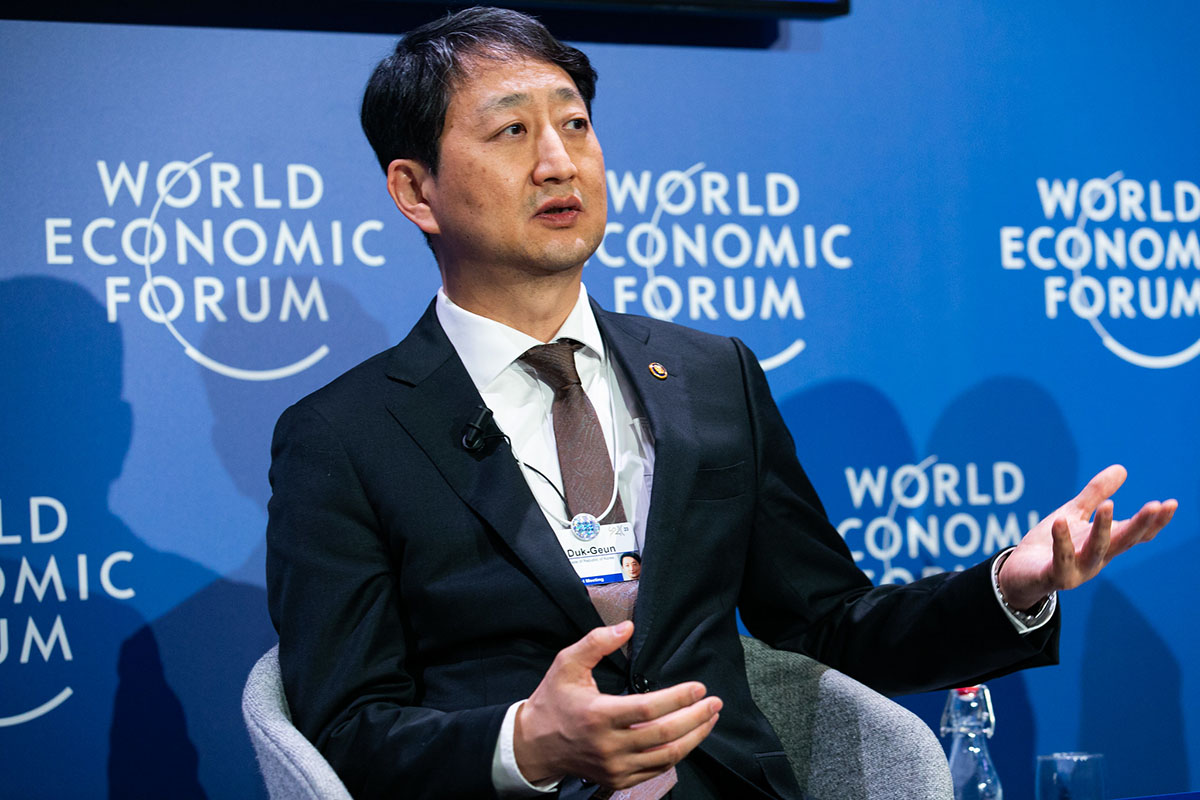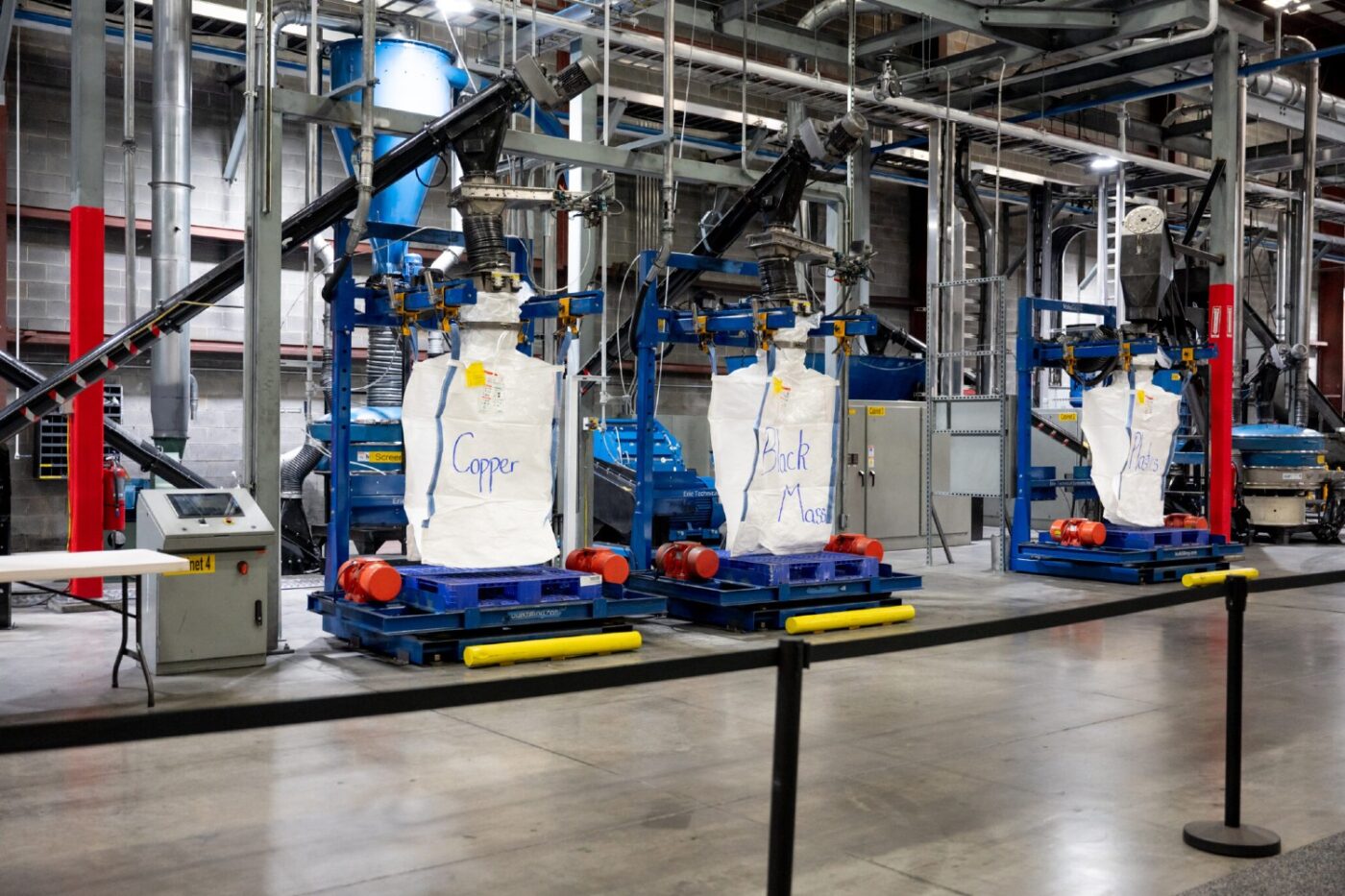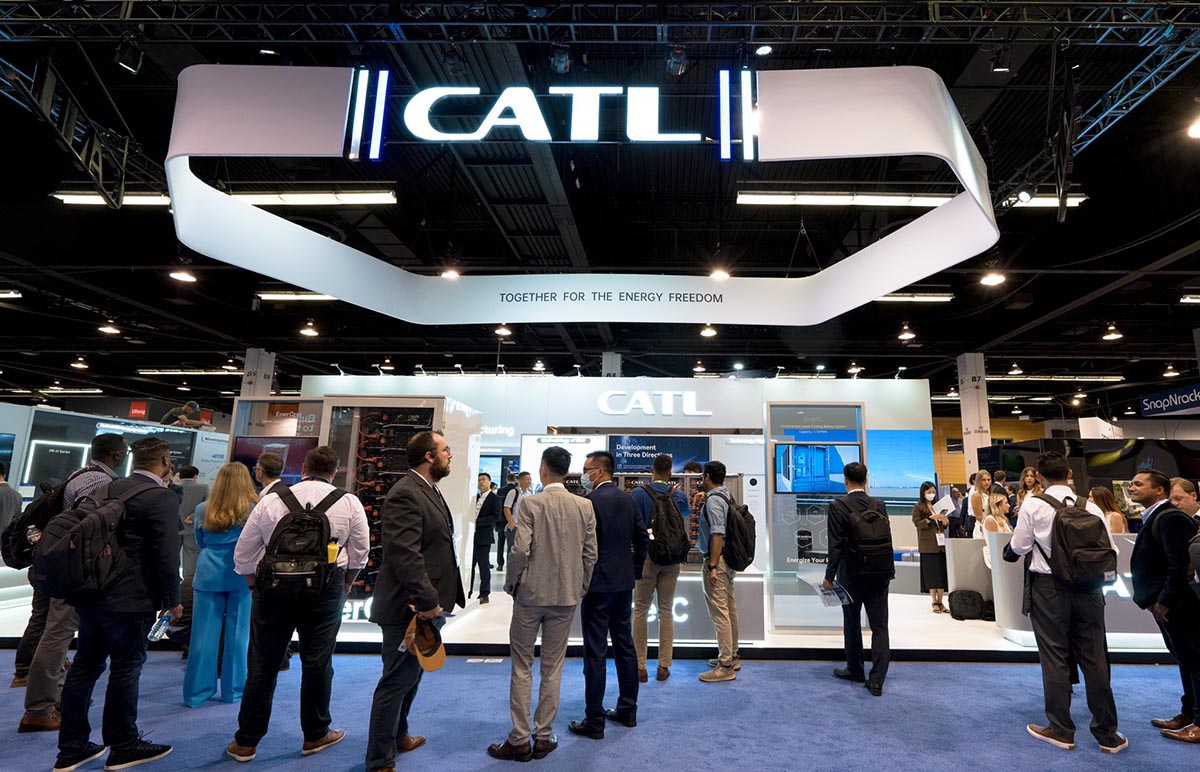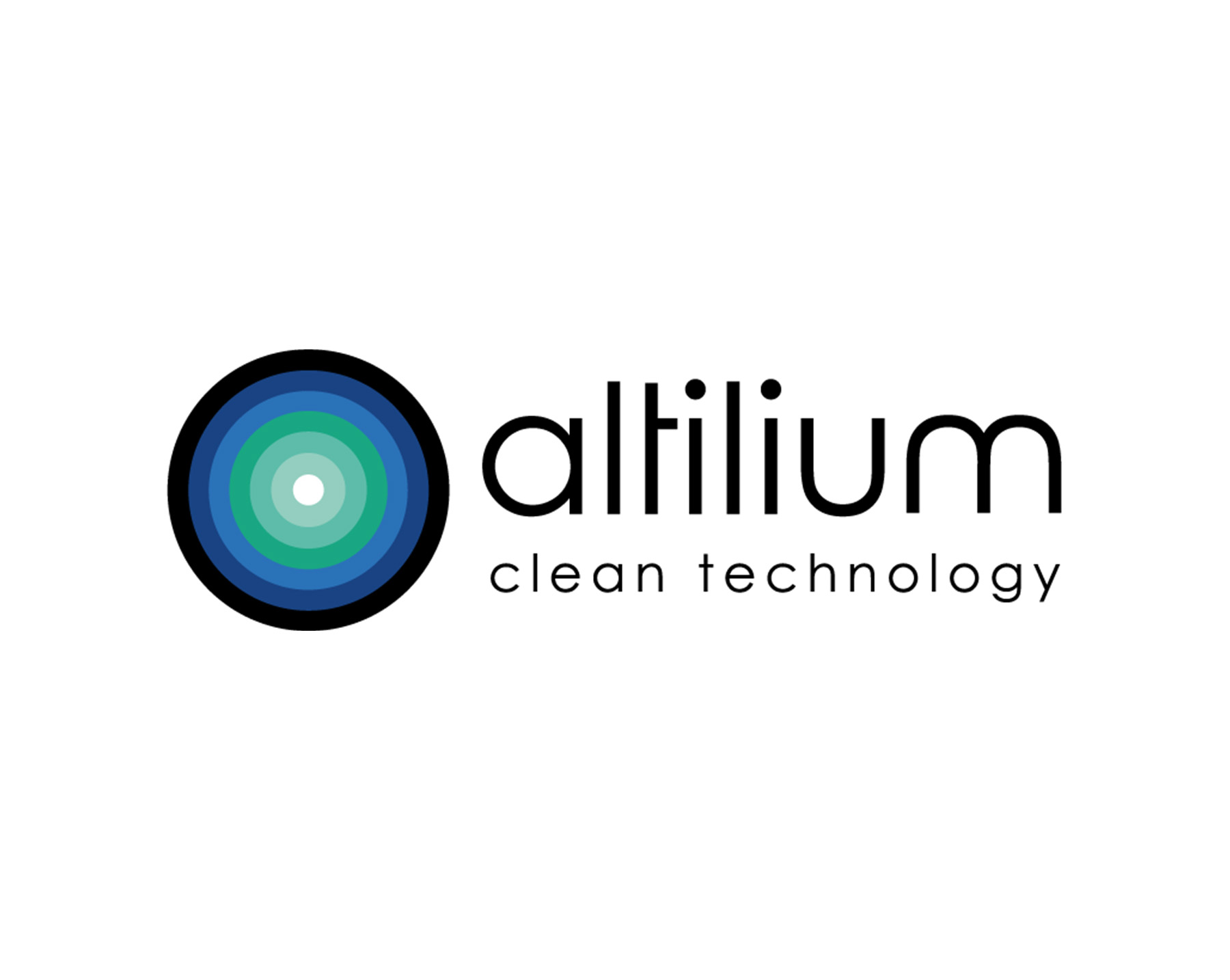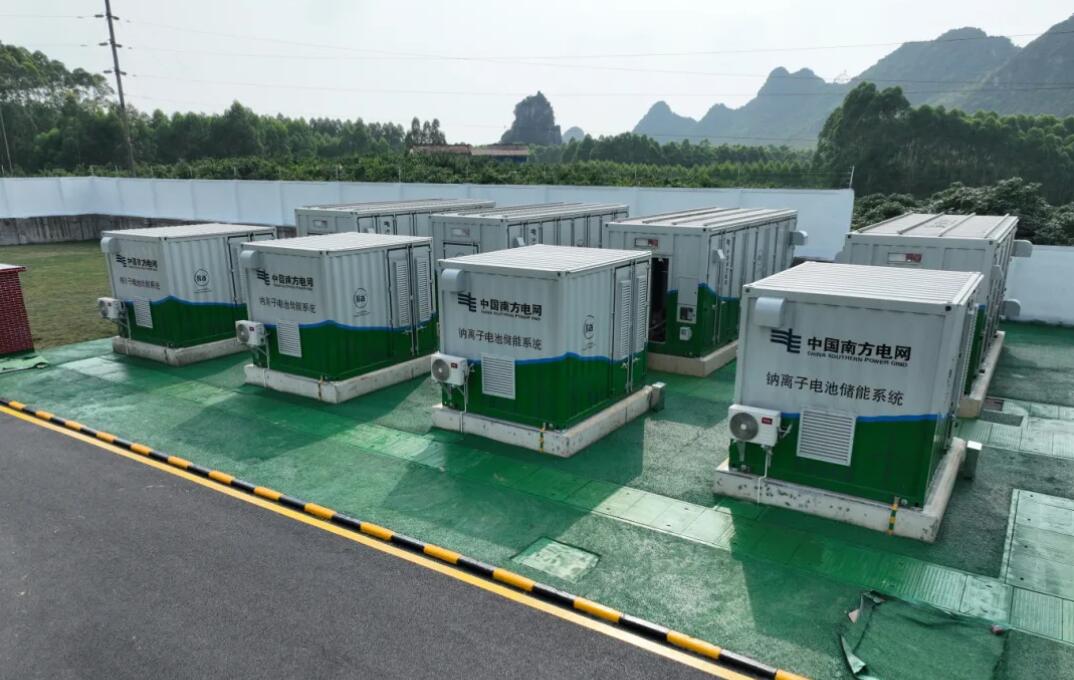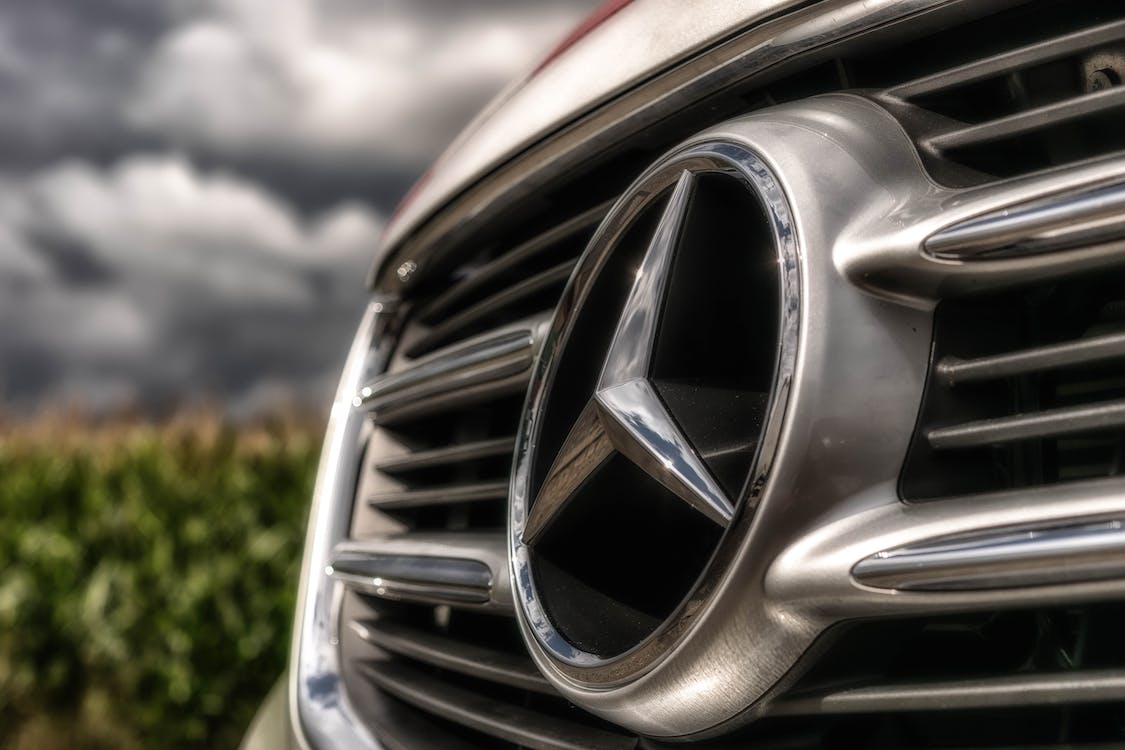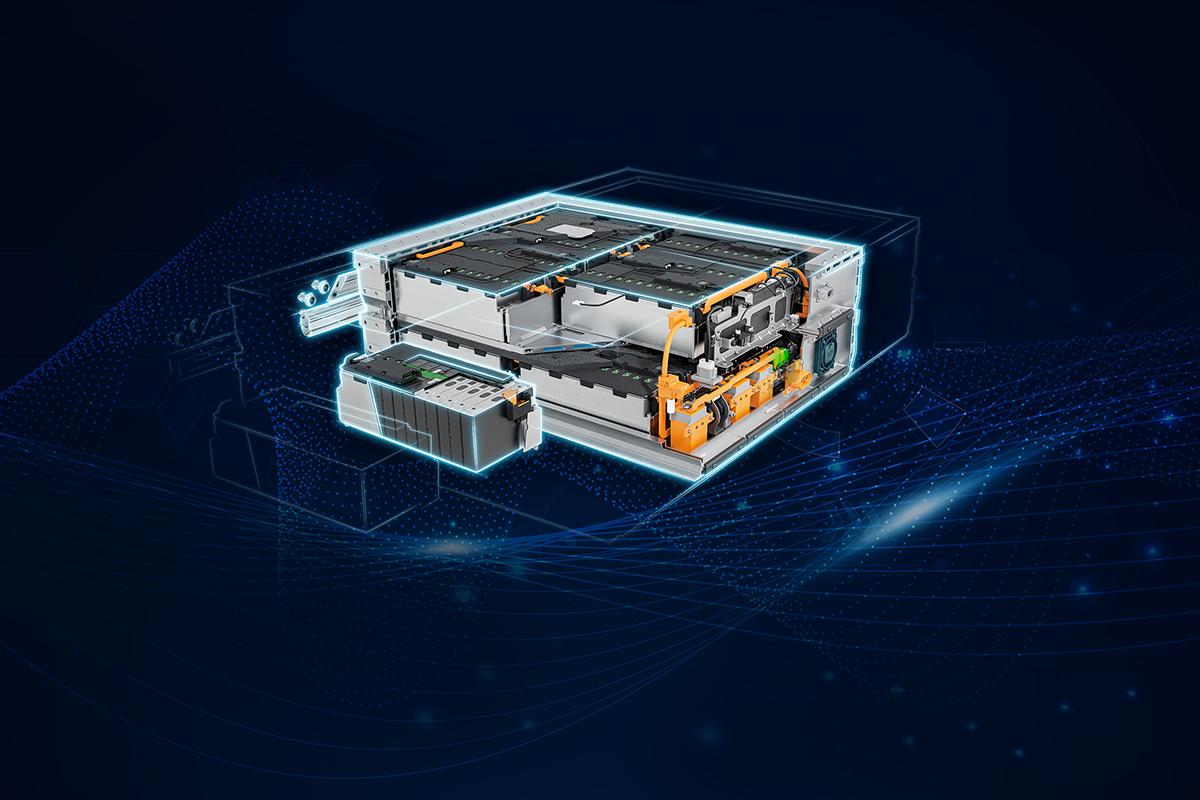In a bid to bolster the supply chain independence of its battery and automotive industries, South Korea is providing policy financing of 9.7 trillion won (US$7.1 billion) this year. This move comes as the U.S. government defers sanctions related to the Inflation Reduction Act (IRA), specifically for graphite.
The decision to support supply chain independence follows a two-year extension granted by the U.S. government for achieving this goal to qualify for tax benefits under the IRA. With the United States being the largest market in the world, reducing reliance on Chinese imports for graphite, a core anode material in secondary batteries, has become crucial.
Minister of Industry, Trade, and Energy Ahn Duk-geun chaired the “U.S. IRA-related Public-Private Joint Conference” on May 8, where government officials and industry representatives discussed the impact of the “Final Guidance Regulation Announcement on Eco-friendly Vehicle Tax Deductions under the IRA and Foreign Entity of Concern.”
The South Korean government’s support includes financial, tax, and infrastructure assistance, as well as facilitating corporate activities to secure minerals in countries with which the United States has free trade agreement (FTA) partnerships. This is being done through intergovernmental cooperation channels such as the Indo-Pacific Economic Framework and the Minerals Security Partnership.
Major battery companies in South Korea are already taking steps to diversify their graphite sourcing. LG Energy Solution, for instance, has signed agreements with Novonix and Syrah Resources in Australia for synthetic and natural graphite, respectively. Samsung SDI and SK on have also secured supply agreements with companies in Australia and the United States, demonstrating a strategic shift towards supply chain independence.

